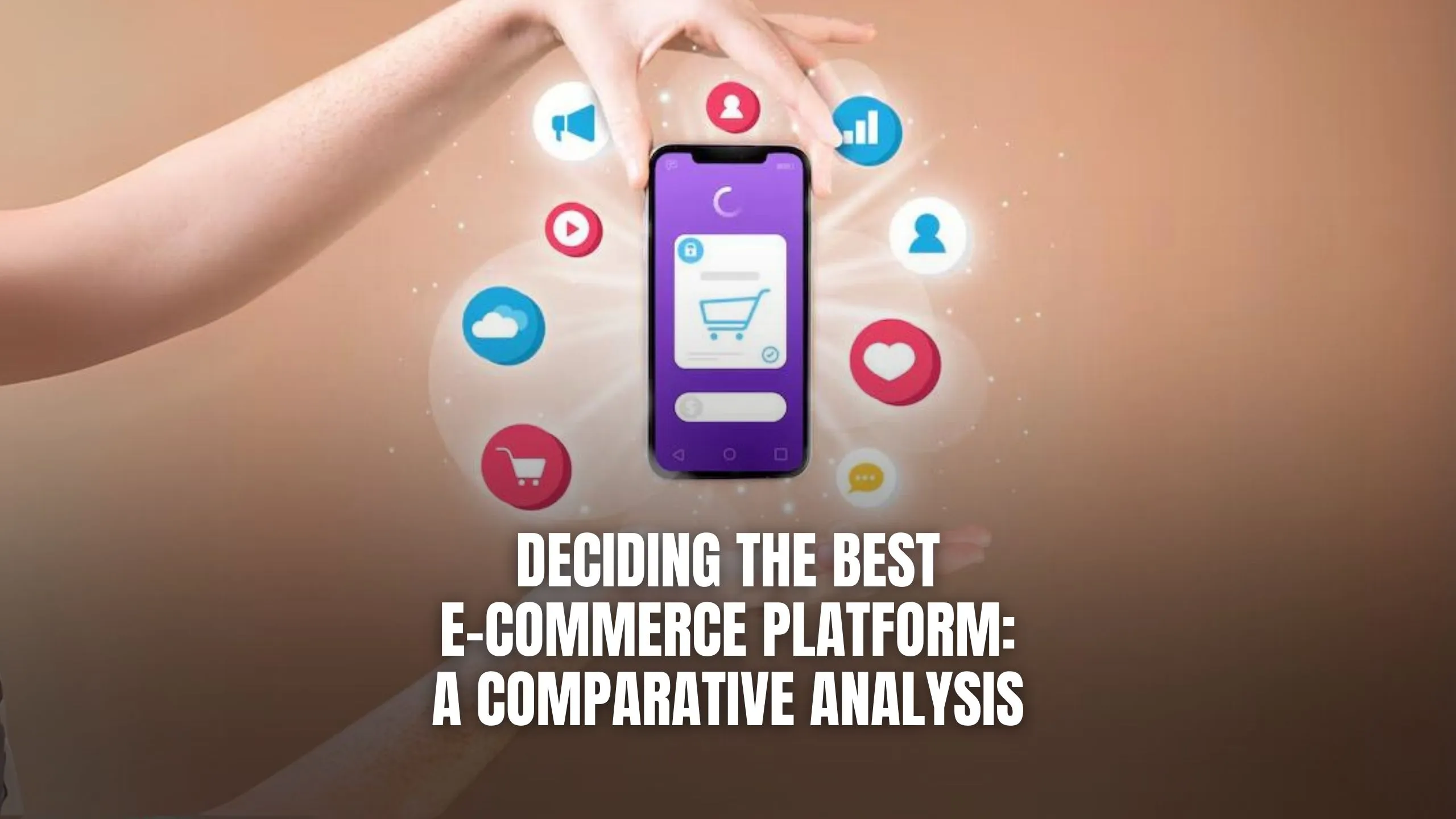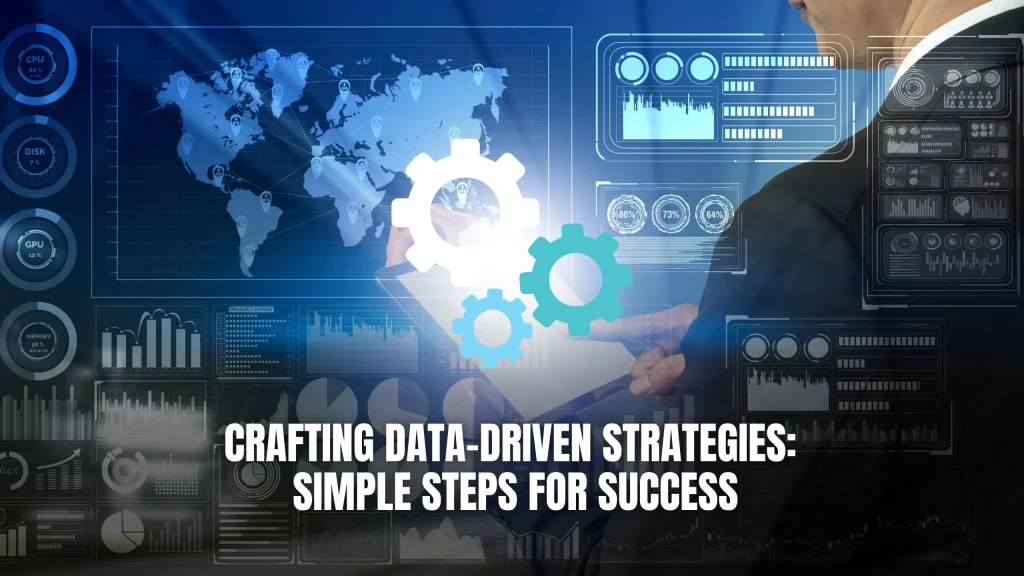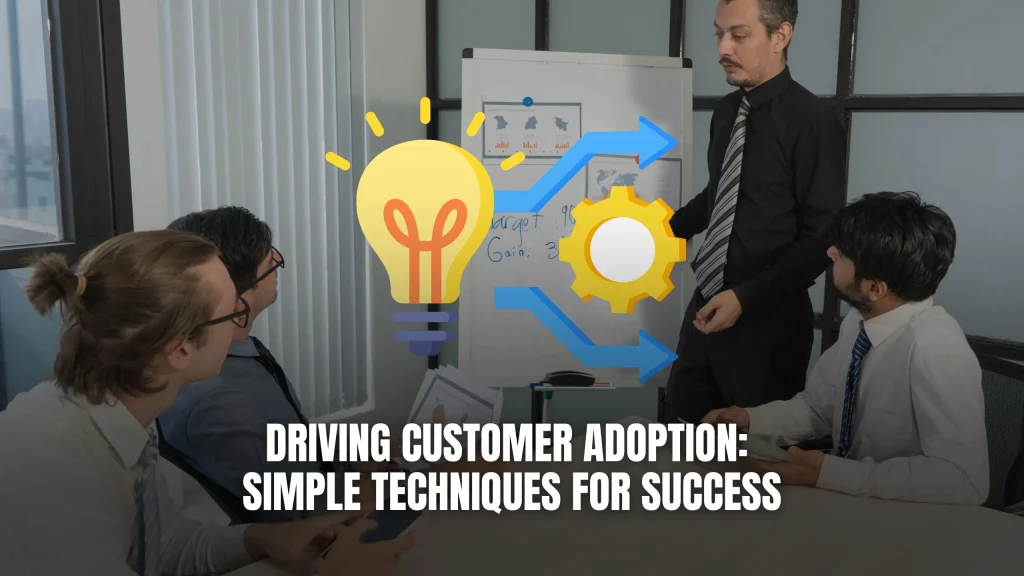Deciding the Best E-commerce Platform: A Comparative Analysis

Deciding the Best E-commerce Platform: A Comparative Analysis
In the realm of online retail, selecting the right e-commerce platform is crucial for success. With a plethora of options available, each offering unique features and functionalities, choosing the best platform can be daunting. In this comprehensive guide, we’ll conduct a comparative analysis of leading e-commerce platforms to help you make an informed decision that aligns with your business goals.
1. Understanding E-commerce Platforms
E-commerce platforms are software solutions that enable businesses to create and manage online stores, facilitating everything from product listings and inventory management to payment processing and order fulfillment. These platforms come in various forms, including hosted solutions, open-source software, and SaaS platforms. Each type offers its own set of advantages and considerations, depending on factors such as budget, scalability, and customization requirements.
2. Key Features and Considerations
When evaluating e-commerce platforms, it’s essential to consider factors such as ease of use, scalability, customization options, integration capabilities, security features, and pricing. Platforms like Shopify and BigCommerce offer user-friendly interfaces, extensive app marketplaces, and robust support options, making them ideal choices for businesses of all sizes. Additionally, platforms like Magento provide advanced customization and flexibility, catering to larger enterprises with unique requirements.
3. Hosted vs. Self-Hosted Solutions
E-commerce platforms can be categorized as hosted or self-hosted solutions. Hosted solutions, such as Shopify and BigCommerce, handle server maintenance, security updates, and technical support, offering convenience and ease of use. On the other hand, self-hosted platforms like Magento and WooCommerce (built on WordPress) provide greater control and customization but require more technical expertise and responsibility for server management. The choice between hosted and self-hosted solutions depends on factors like budget, scalability, and level of customization required.
4. Optimizing User Experience and Conversion Rate
A seamless user experience is essential for driving conversions and maximizing sales in e-commerce. Platforms like Wix and Squarespace offer intuitive website builders and responsive design templates, enabling businesses to create visually appealing and user-friendly online stores without coding skills. Additionally, integration with tools like Optimizely and Hotjar allows for A/B testing and user behavior analysis to optimize conversion rates and enhance the overall shopping experience.
5. Ensuring Security and Compliance
Security is paramount in e-commerce to protect sensitive customer data and maintain trust. Platforms like Volusion and 3dcart offer built-in security features such as SSL encryption, PCI compliance, and fraud prevention measures to safeguard transactions and mitigate risks. Implementing security best practices and adhering to industry standards is essential for e-commerce businesses to build credibility and ensure regulatory compliance.
Recommended SaaS Products:
- Shopify: Build and customize your online store with ease using Shopify’s user-friendly interface and extensive app marketplace.
- BigCommerce: Scale your e-commerce business seamlessly with BigCommerce’s robust features, scalability, and support options.
- Magento: Enjoy advanced customization and flexibility for your online store with Magento’s self-hosted e-commerce platform, ideal for larger enterprises.
- Wix: Create visually stunning and user-friendly online stores without coding skills using Wix’s intuitive website builder and responsive design templates.
- Volusion: Ensure security and compliance for your e-commerce business with Volusion’s built-in SSL encryption, PCI compliance, and fraud prevention measures.
Conclusion
Selecting the best e-commerce platform requires careful consideration of factors such as features, customization options, security, and scalability. By conducting a comparative analysis and understanding the unique offerings of each platform, businesses can make informed decisions that support their online retail objectives.
Elevate Your Online Retail Business with Subscribed.fyi!
Unlock exclusive deals on top e-commerce platforms and streamline your online retail operations with Subscribed.fyi. Sign up for free today to access secret deals on Shopify, BigCommerce, Magento, and other essential SaaS tools. Maximize your online sales, optimize user experience, and stay ahead of the competition with Subscribed.fyi!
Relevant Links:






